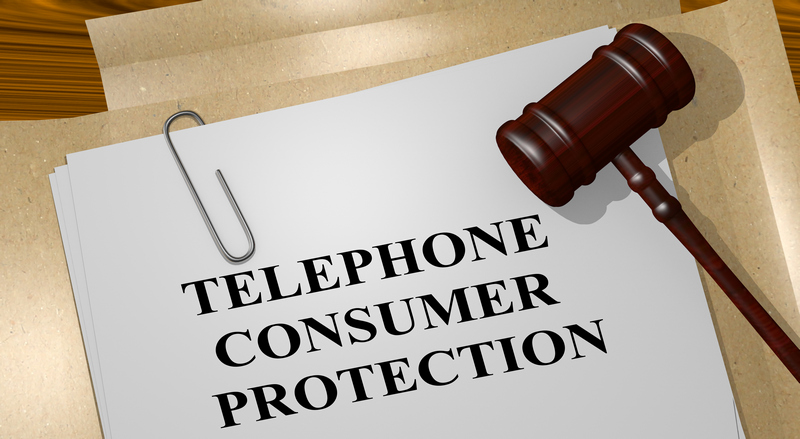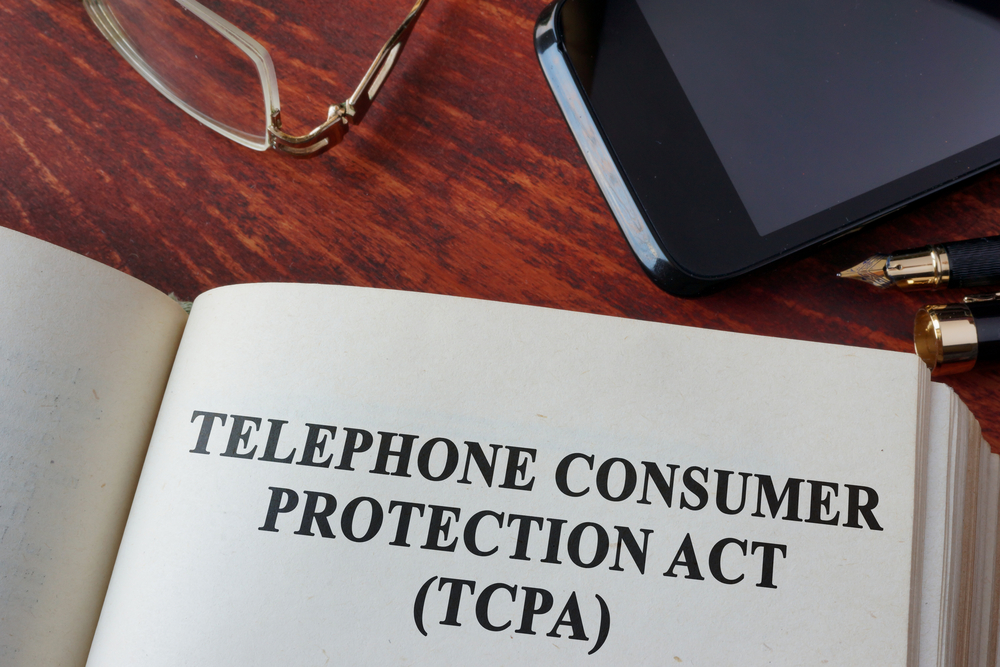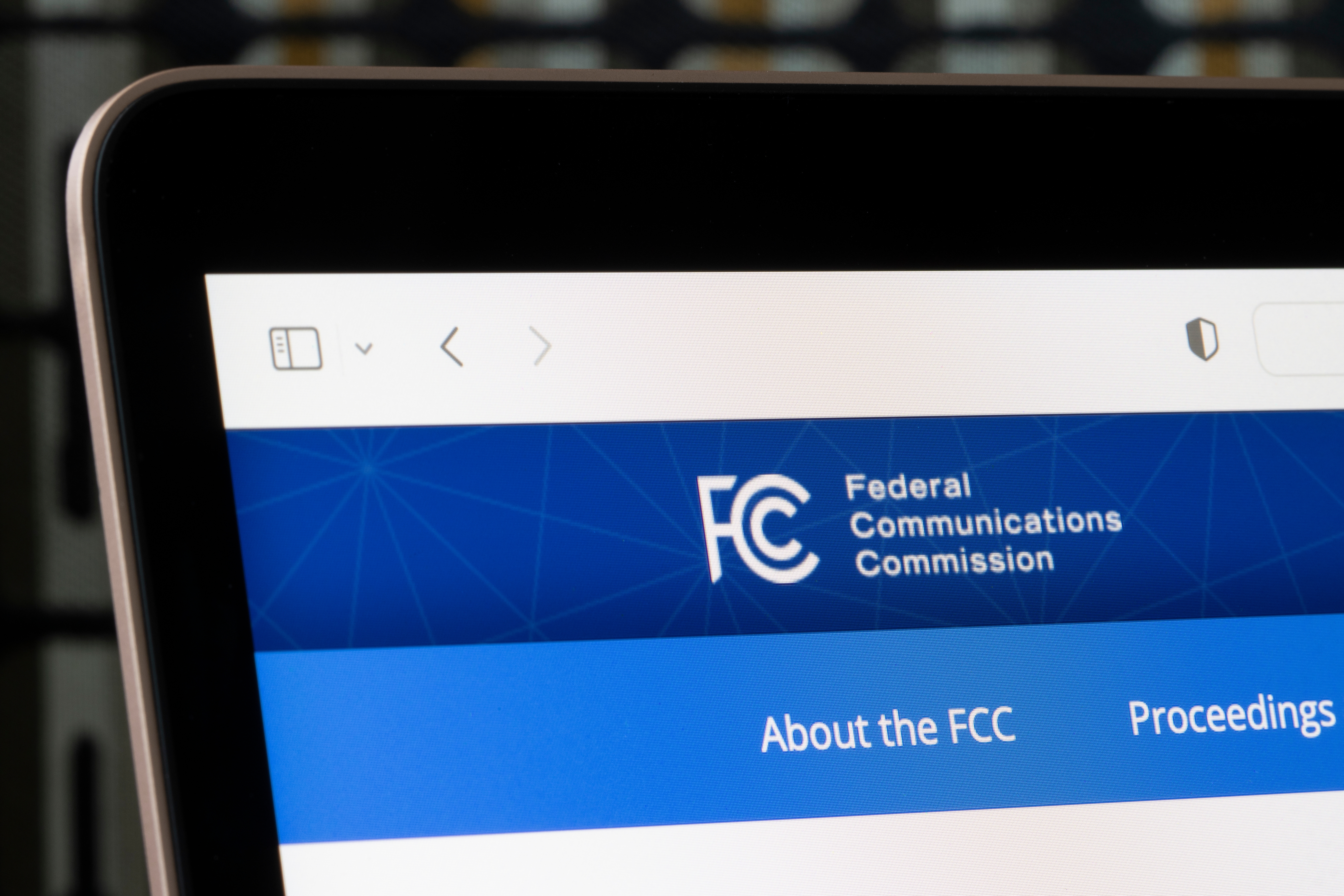TCPA & DNC Compliance: Wireless & RND Insights
IMS Compliance Insights

TCPA Violations Lead to $40 Million Real Estate Settlement
An April 2023 article reports that a Florida Court approved a $40 million settlement against a major real estate company for making unsolicited prerecorded calls without consent, including to numbers on the National Do Not Call Registry. The case highlights the FCC’s strict TCPA enforcement and warns businesses of the costly risks of noncompliance.

UnitedHealthcare Settles $2.5 Million TCPA Robocall Lawsuit
UnitedHealthcare agreed to a $2.5 million settlement over alleged TCPA violations tied to its Optum HouseCalls program, which made unauthorized prerecorded robocalls without consent. While the company denied wrongdoing, the case highlights increased TCPA enforcement and underscores the importance of obtaining clear consumer consent to avoid costly penalties and protect privacy.

TCPA Class Action Filings Nearly Double in 2025 Surge
TCPA litigation has nearly doubled in 2025, with 1,052 class actions filed compared to 539 during the same period in 2024—a 95% increase. Penalties of $500 to $1,500 per violation and a four-year lookback can drive exposure into the billions. This sharp rise underscores the urgent need for businesses to strengthen TCPA compliance.

How Smart Marketers Maintain TCPA Compliance and Drive Results
As regulations around consumer communication tighten, “How Smart Marketers Stay Compliant and Effective” highlights the importance of aligning marketing with the Telephone Consumer Protection Act (TCPA). It emphasizes obtaining express written consent before calls or texts using automated systems, maintaining accurate records, and training staff. Embedding these practices helps businesses reduce legal risks and build stronger customer relationships through compliance.

How Businesses Are Protecting Consumer Data in 2025
As cyber threats grow, businesses are adopting a multi-layered approach to protect consumer data and build trust. Key strategies include strong encryption, multi-factor authentication, and regular updates to close security gaps. Companies are also investing in data hygiene tools like DMAchoice, conducting audits, and training employees to reduce risk and strengthen overall data protection.

FCC Removes More Than 1,200 Providers From Robocall Mitigation Database
The FCC removed over 1,200 voice providers from its Robocall Mitigation Database for failing to maintain accurate compliance certifications, disconnecting them from U.S. networks. Chairman Brendan Carr stated that providers ignoring their responsibilities “have no place” in U.S. communications. This action follows an earlier removal of 185 providers, reinforcing the FCC’s strict stance against illegal robocalls and noncompliance.

CFPB Ends Public Disclosure of Nonbank Supervision Decisions
The Consumer Financial Protection Bureau (CFPB) will no longer publicly post final decisions from nonbank supervisory proceedings, citing concerns about reputational harm. Effective October 27, the rule restores 2013 confidentiality standards and rescinds 2022–2024 amendments. TCPA litigation fell to 232 cases in August, marking a 15% drop, yet filings remain up 49% year over year and 52% over 2024.
